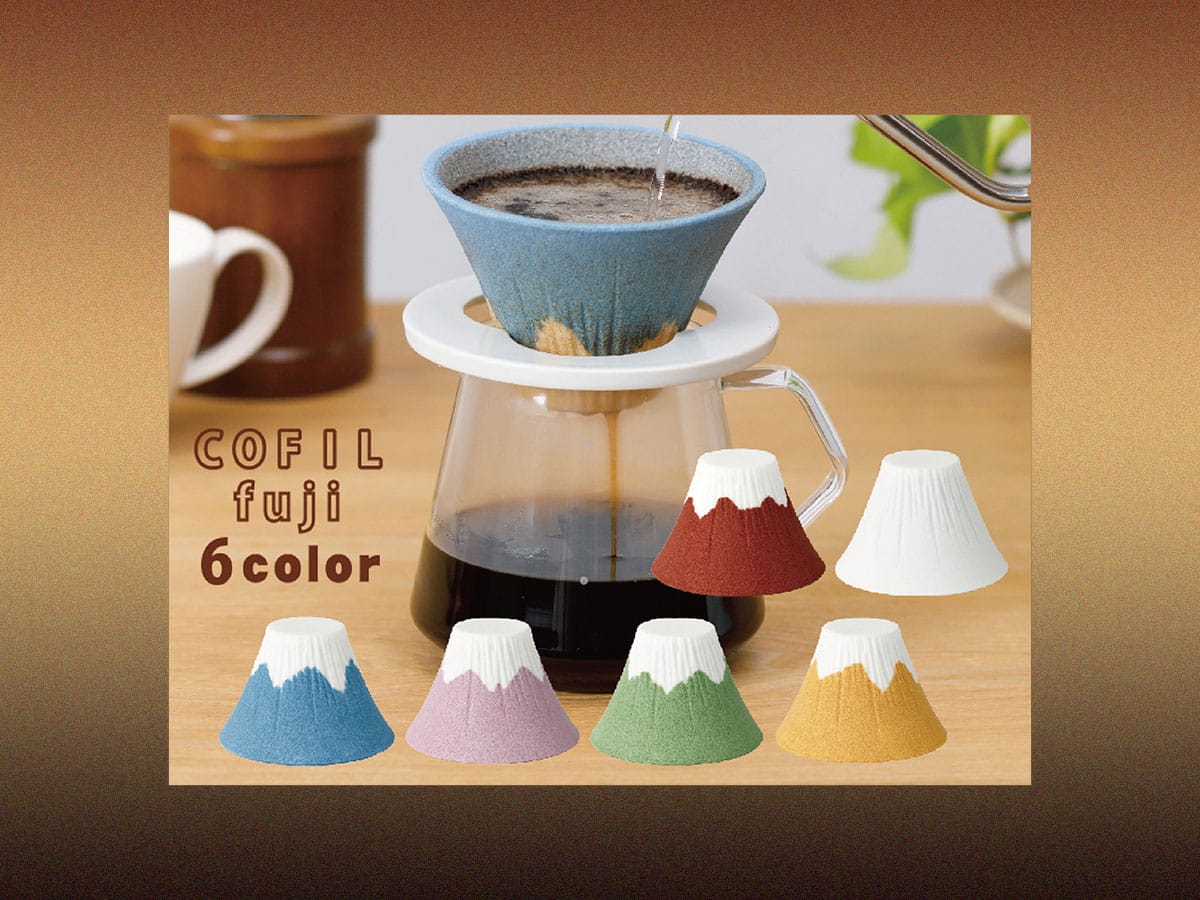
Source: © PR Times, Inc.
Enjoy Mt. Fuji, save money and trees with color ceramic coffee filters, an industry first
- Tags:
- ceramic coffee filter / coffee filter / COFIL / Mount Fuji
Related Article
-
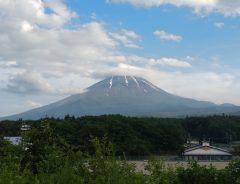
Doing a circuit of Mt. Fuji by car
-
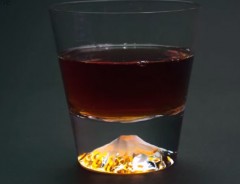
Marvel At This Beautiful Mt. Fuji Rock Glass – And It’s Hand Made!
-
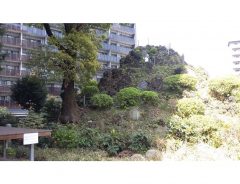
Tracing the remains of the ancient Fujikō cult in Tokyo’s mini Mount Fujis
-

Snow-Lovers Celebrate First Ski Of Season in Cosplay at Mount Fuji’s Yeti Winter Resort
-
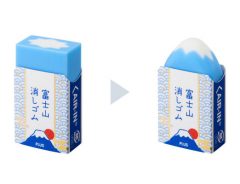
Japanese Stationery Company’s Eraser Slowly Reveals Mt. Fuji With Each Mistake You Make
-
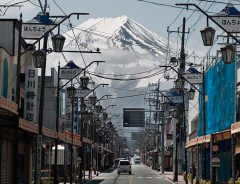
Take Your Best Photos of Mount Fuji from Yamanashi


The disadvantages of disposable filters
Coffee drinkers can spend quite a bit of money and paper on coffee filters. According to the Huffington Post, the world consumes an average of 2.25 billion cups of it every day. If a third of those cups are made with paper filters, that's 750 million filters per day, 275 billion per year, or the equivalent of 1.5 million trees to make those filters. In terms of cost, it can also amount to anywhere between $20 to $70 every year, depending on the type of filter you use.
COFIL ceramic coffee filters
That's where the advantage of a ceramic filter comes in. If you're considering a ceramic filter as an eco-friendly and cost-saving alternative to disposable cloth or paper filters, COFIL ceramic filters from Japan's Imari-Togei Co., Ltd. are an excellent choice. Not only are they durable, but in an industry first, they use a proprietary manufacturing technique which makes it more difficult for the porous surface to get clogged with coffee sediments, a problem which has beleaguered ceramic filters until now.
Moreover, COFIL filters help you brew delicious coffee with a mild taste, free of impurities and the smell of chlorine which you'll sometimes notice with bleached paper filters.
COFIL fuji: Mount Fuji design ceramic filters
Now, COFIL filters are even more attractive thanks to a new series designed in an eye-catching Mount Fuji motif which comes in six different colors.
© PR Times, Inc.
© PR Times, Inc.
© PR Times, Inc.
Promotional Video
Availability
The COFIL fuji series comes in blue, pink, green, yellow, red or white, costs 5,478 JPY, comes with a filter server and filter plate, and is now available for pre-order from the following sites:
Other COFIL filters are also available on the COFIL online store.